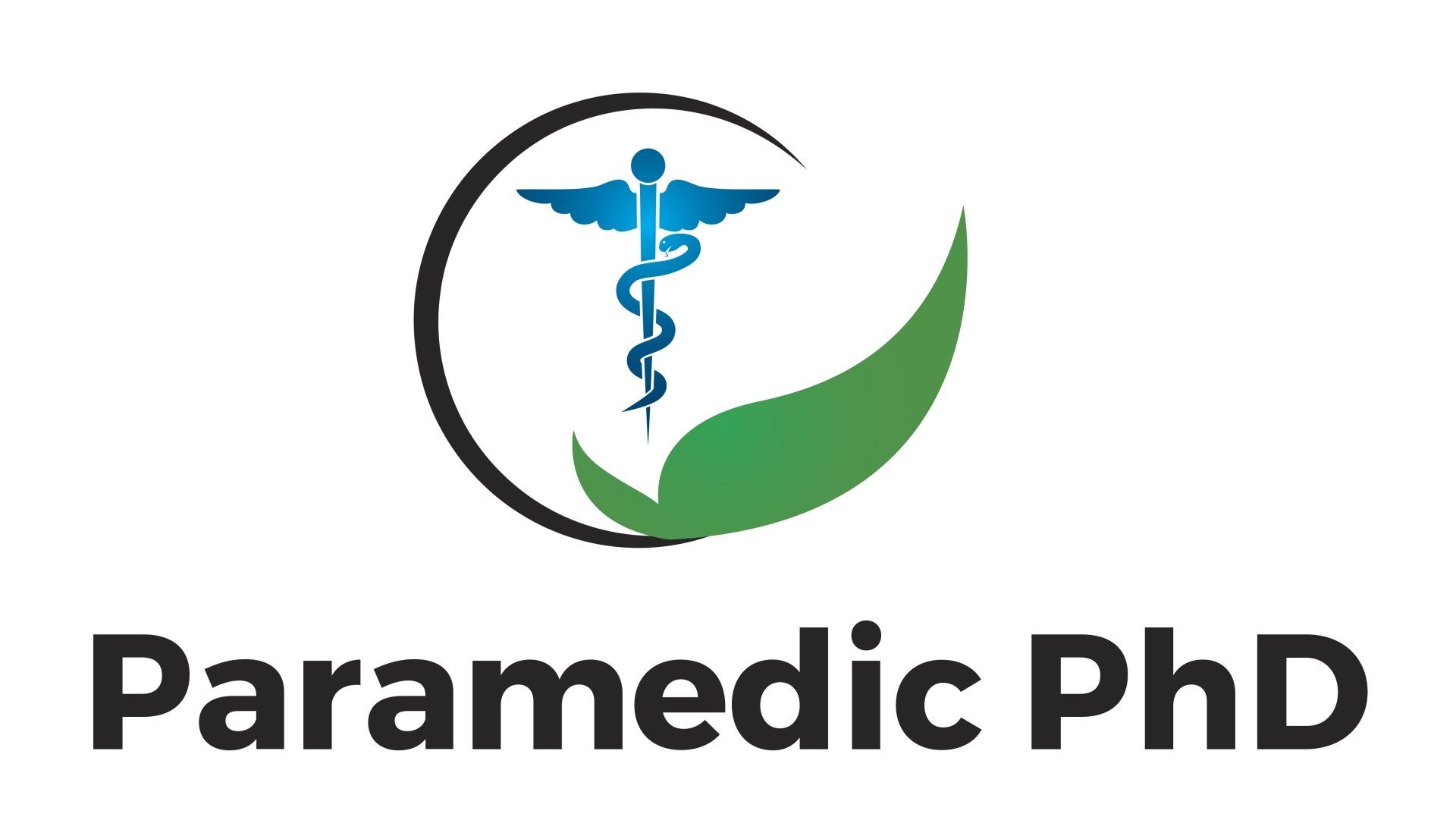Doctorate
Doctorate Title: Investigating the impact of volunteering on the development of resilience in student paramedics.
Doctorate Description: Background: Paramedics have a higher incidence of psychological distress than the general population with especially high rates of stress, burnout and post-traumatic stress disorder (PTSD). Resilience has been identified as a protective factor that impacts the capacity to employ coping strategies to mitigate the negative impacts of exposure to traumatic events or to organisational stressors. Participation in volunteering has many reported positive health benefits, both physical and psychological and while there has been no explicit link to resilience, it promotes social connectedness through integration, support and a sense of purpose.
Rationale: Research is needed on how to enhance resilience in paramedics and paramedic students and how to ensure their levels of resilience are maintained throughout their career. Enhancing resilience through acquiring a better understanding of what factors influence its’ development may foster a better sense of wellbeing amongst students and assist in their transition into the work environment.
Aims: 1. to investigate the impact of volunteering on resilience in student paramedics; 2. to identify key factors associated with developing and maintaining resilience; and, 3. to contribute knowledge of factors influencing the development of resilience in student paramedics.
Details:
Type: PhD
University: Charles Sturt University
Primary Supervisor: Dr Patricia Logan
Category: Staff Wellbeing
Funding:
Start Date: 2020
End Date: 2024
Status: Ongoing
Thesis
Awaiting
Research Interests
Mental health, wellbeing and resilience.




